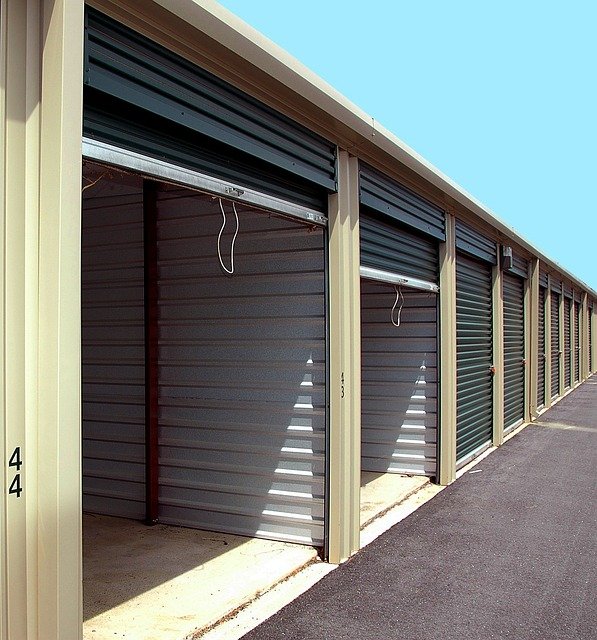Garages for Rent: Options for Vehicle Storage and Parking
Finding the right garage for rent can simplify vehicle ownership, free up driveway space, and protect a car or other vehicles from weather and theft. Whether you need short-term parking while traveling, seasonal storage for a classic car, or a secure space for tools and equipment, understanding the types of garages, access arrangements, and practical considerations helps you select a space that fits your needs and budget.

What types of garage spaces are available for car storage?
Garage rentals come in several forms: detached single- or multi-car garages, attached residential garages, garage units in commercial storage facilities, and covered or uncovered private parking bays. Single-car units are common for owners who want one vehicle stored securely. Multi-car garages or workshops are suitable for collectors or businesses. Commercial storage facilities may offer climate-controlled or basic units; climate control is useful for protecting vintage cars, batteries, and interior materials from humidity and temperature swings.
How to choose a vehicle garage for long-term storage?
When selecting a garage for long-term vehicle storage, consider ventilation, moisture control, pest prevention, and accessibility. A dry, well-ventilated space reduces the risk of rust and mold. Look for garages with solid flooring and minimal leaks. Think about how often you’ll need to access the vehicle and whether gated or 24/7 access is required. If the vehicle is a project car, confirm whether the lease allows mechanical work. Proximity to your home or workplace and compatibility with your vehicle’s size are practical factors to verify.
What to check about access, security, and parking convenience?
Security and convenient parking are central to choosing a rental garage. Evaluate locks, door types (manual vs. electric), perimeter fencing, lighting, and on-site surveillance. Gated communities or storage complexes often have controlled entry and recorded access logs. For parking convenience, check clearance height, turning radius for large cars or SUVs, and the distance from the public road to the garage entrance. Also ask about snow clearing, rubbish disposal rules, and whether shared driveways could impact daily access.
Are shared or private garages better for vehicle owners?
Private garages offer exclusive use and typically greater control over storage conditions and security. Shared garages or co-op spaces can lower costs but may introduce scheduling conflicts, restrictions on modifications, or limits on vehicle types. For vehicle collectors, private spaces minimize the risk of accidental damage. For short-term or occasional parking, shared or rentable bays in larger facilities can be a cost-effective option. Evaluate house rules, insurance requirements, and how access is coordinated among users in shared setups.
What paperwork, insurance, and maintenance should you arrange for car storage?
Before signing a rental agreement, clarify lease terms, permitted uses, and responsibilities for maintenance and utilities. Many landlords require renters to carry liability insurance; vehicle owners should also maintain comprehensive coverage that lists the storage address if necessary. Note any clauses regarding vehicle condition, permit for mechanical work, and procedures for extended vacancies. Keep a record of the vehicle’s condition with photos on move-in and move-out. Routine maintenance like battery tenders, tire inflation, and fuel stabilization may be recommended for long-term storage.
Conclusion
Renting a garage for vehicle storage and parking involves balancing cost, convenience, and protection for your car or other vehicles. Assess the type of unit, security measures, access needs, and lease terms before committing. With the right space and preparations, a rented garage can preserve vehicle condition, free up living-area parking, and provide a secure spot for short- or long-term storage.




